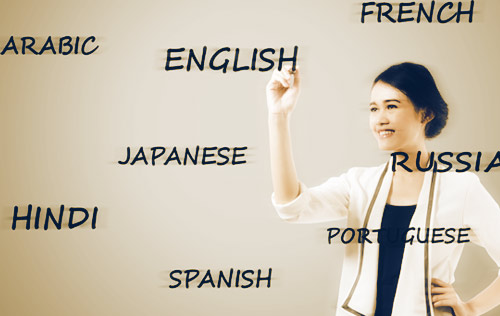Cultural awareness is a critical dimension of responding to domestic violence and sexual assault. Culture refers to a “shared set of beliefs, norms, and values” that are dynamic (changing) and may be related to the thousands of social groupings in existence, including age, gender, ethnicity, profession, geographic location, and socio-economic status. Not only is an understanding of culture necessary for procedural justice, culture is also part of contextualizing domestic violence and sexual assault, guarding against implicit bias, and framing a court’s response in the most effective manner.
Links
-
Opens in new window"They’re Not Talking About Me”: Race, Cultural Responsivity, and Domestic Violence
In this New Thinking podcast, Dr. Oliver Williams brings questions of race, faith, and incarceration into a conversation on domestic violence. Drawing on his work with both victims and perpetrators from African American, Latina, and other immigrant and diasporic communities, Dr. Williams examines the import of cultural responsivity in the justice system’s response to domestic violence.
-
Opens in new windowBuilding a Culture of Justice: How Courts are Improving Access and Understanding in Domestic Violence Cases
For a justice system to be truly just, it must be accessible to all individuals. However, litigants may face challenges when courts are not responsive to their cultural identities. For survivors of domestic violence, these challenges present additional barriers to accessing justice and obtaining fair outcomes. Watch Building a Culture of Justice and read the viewers' guide to learn how justice-system staff and stakeholders can serve litigant needs by implementing culturally-responsive practices in courts handling domestic violence cases. (video and viewer guide)
-
Opens in new windowCulture Matters: Grounding Abusive Partner Intervention Work in Culture and Community
In this second episode, Juan Carlos Areán of Futures Without Violence, is joined by Jessica Nunan, executive director of Caminar Latino, and Lee Giordano, director of training at Men Stopping Violence. They discuss the importance of centralizing culture in working with people who use violence, something that traditionally has not been the focus of abusive partner intervention programs across the country. They discuss the formation of their culturally-responsive models, how they hold space for conversations about anti-racism in the group room with participants, and what is lost when conversations about culture and oppression are not included in the work.
-
Opens in new windowReducing Violence Through Media Training and Cultural Awareness
Ange Hwang, executive director of Asian Media Access, and Tyree Lawrence, executive director of the community-based LVY Foundation, joined this week's podcast to discuss the philosophy behind Stand Up Participate's curriculum, which includes audio/visual technology training, culturally based family engagement programming, health education, and organized activities with police and community members that seek to improve communication and mutual understanding.
